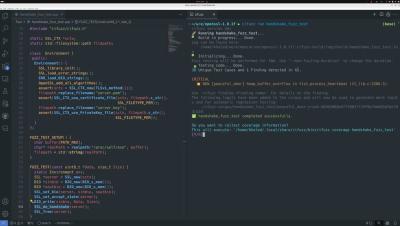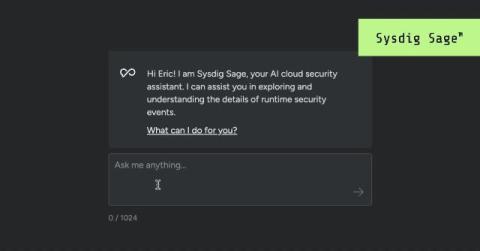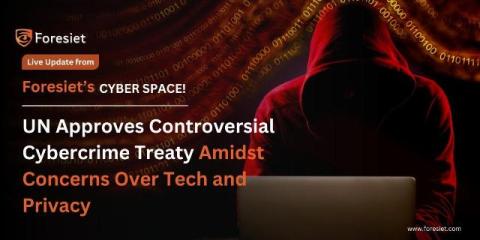The Polar Bear in Your Kitchen: A Cybersecurity Analogy
High-tech pest control? Or cyber threat detection and response? VP of Solutions Architecture, Chris Clements, shares his thoughts about how context and expertise make all the difference when responding to a threat alert. What would you do if you came home to a polar bear in your kitchen?











